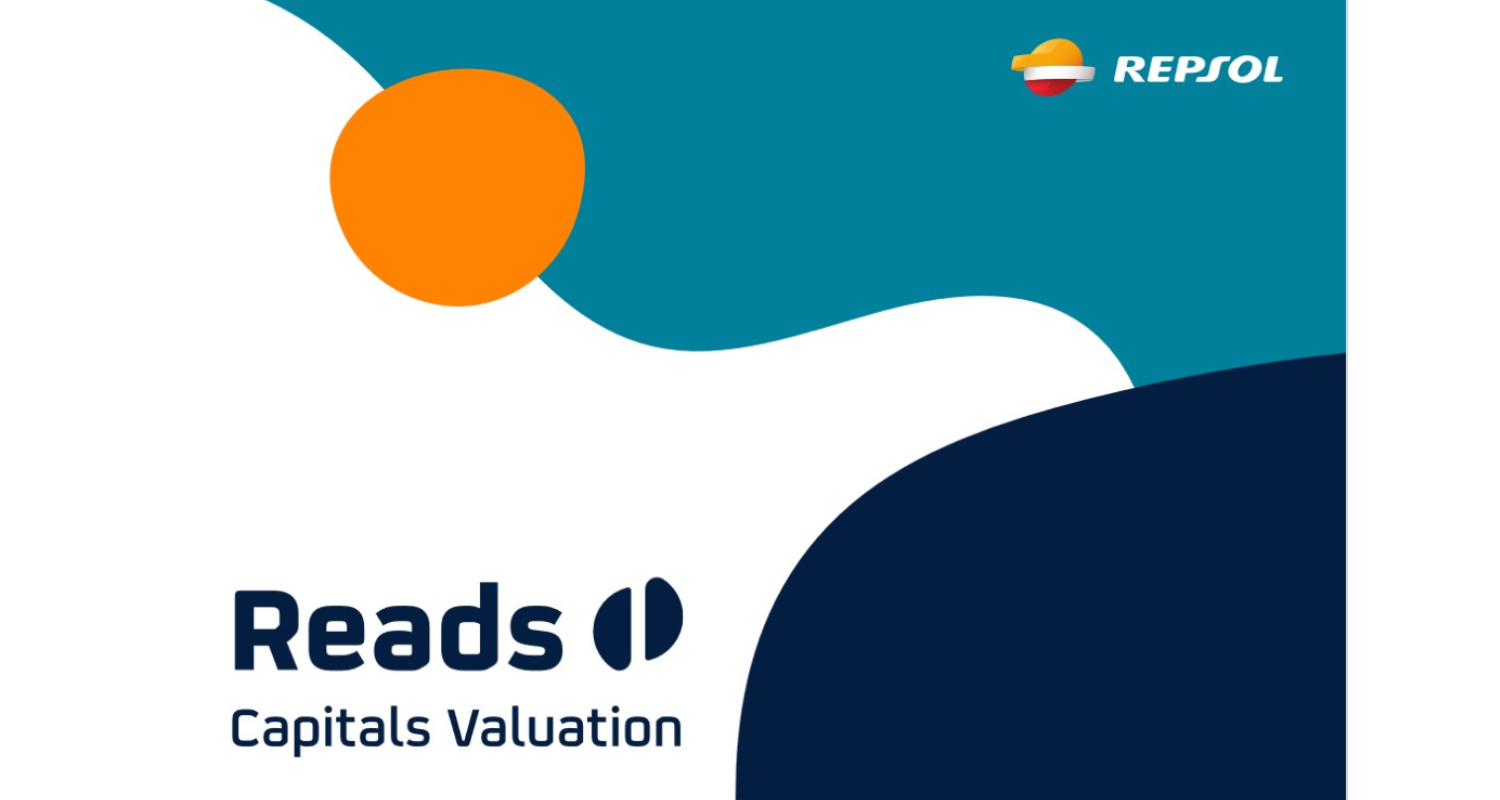Repsol and natural capital
Natural capital has traditionally been associated only with something monetary or money-related, but capital describes any resource or asset that is stored or provides value to people.
More specifically, natural capital is defined as the inventory of natural resources, both renewable and non-renewable, of an ecosystem. These resources provide, through ecosystem services, benefits to people by contributing to their well-being, the development of society, and progress in the world economy, and they do so in the form of energy, materials supply, cultural aspects, etc.
Natural capital works in the same way as traditional capital: if we invest in it, it creates value, and if we degrade it, we limit its value.
Why is it important to value natural capital?
- Any company, in one way or another, depends on natural capital for the development of its activity and generates impacts on this capital through its operations. The conservation and protection of natural capital is therefore essential not only for themselves, but also for achieving sustainable development.
- Understanding the complex and dynamic relationships that organizations have with the health of natural assets and the ecosystem services they provide, allows companies to make more informed decisions, minimizing negative impacts and optimizing investments in sustainability.
- A natural capital approach provides a better understanding of which impacts (both negative and positive) and dependencies are most significant in terms of economic value for society, companies, and financial institutions.

